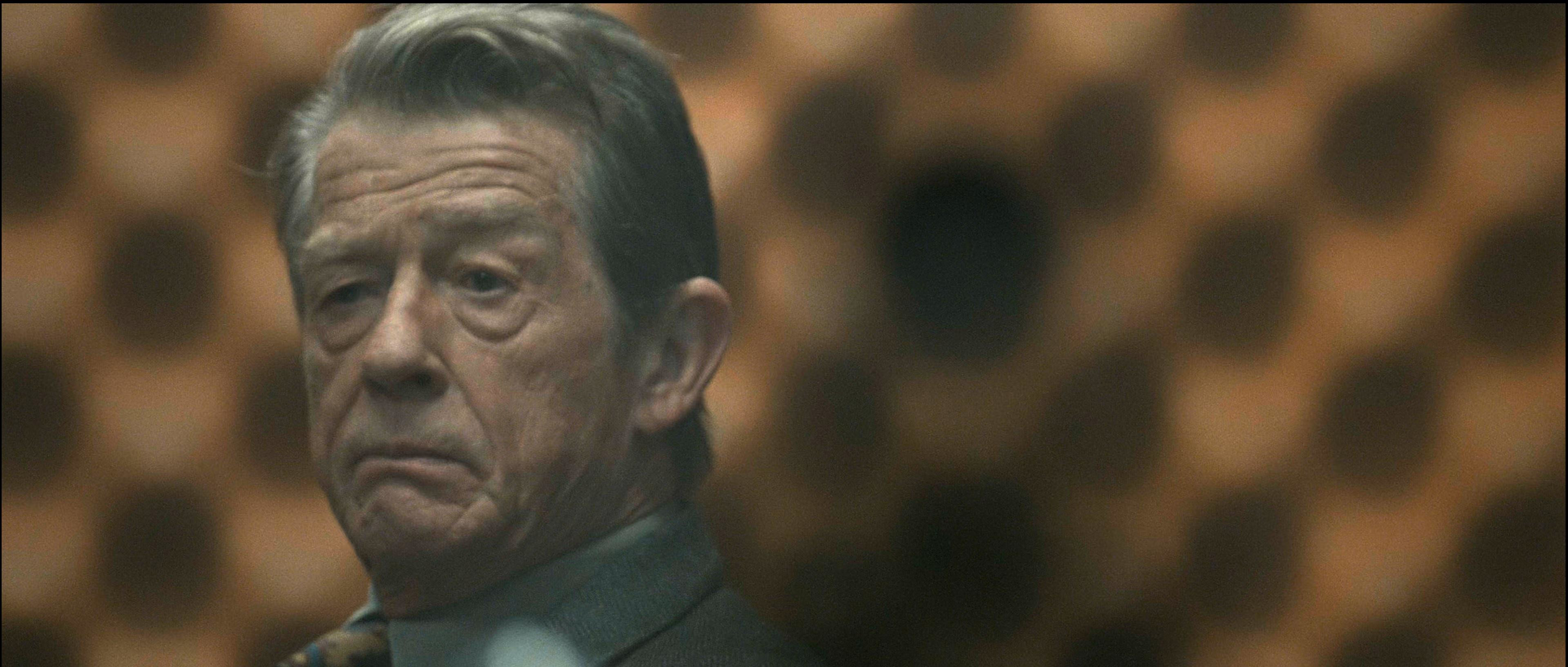All,
I’ve been deliberating over this ever since I got usenet and got access to easy downloads of 70-80gb 4k remuxes. At first I believed I was getting fake uploads or something, but it seems to be a pattern. The remuxes have extreme noise that’s really distracting and actually discards some of the depth information of the scene.
on the other hand, the smaller 265/264 files appear to be smoothing out the noise, but also some texture detail. You can see from the comparison above.
Note that the noisy version is hdr10 and the non noisy version doesn’t have hdr.
My question is, is that grain supposed to be so prominent? or is the scene releasing these remuxes pulling some shortcuts just to release a remux?
Is this noisy version how it’s supposed to look? or did they fuck up the encoding? Don’t flame me for not knowing. I’m hoping this can be a touchpoint for constructive conversation, and to help other confused mateys on the journey to visual bliss. Thank you
edit::
This resource helped me understand. Long story short, this is the intent of the director - potentially enhance the period piece aesthetics. I suppose if it looks as crisp and sharp as a movie filmed on the state of the art digital camera, some of the cold war aesthetic would be lost. I get it and I will watch it and enjoy the graininess as the director intended 😂
A couple things that confused me:
-
I know sometimes scene groups take shortcuts and this can really affect quality. For example transcoding x264 to x265. Yes, some groups do this and it’s of no use to anyone. My concern was that I may be downloading one of these releases.
-
There are movies from 40-50 years ago with very little to no film grain noticeable. Many remuxes don’t have that grain. I’m not big in the filmmaker scene, so I guess it was somewhat a surprise to learn that some filmmakers actually want that grain in there…
Thank you all for your input and I hope this thread can be of use to folks that have this same question. Cheers mateys, happy sharing :)



Remux all the way. If the movie is grainy that’s just how it is. I understand some people like smoothing but I’d rather the full quality.
ok, that seems to be the general consensus. It’s weird though - this particularly movie, incredibly grainy. movies that came out 40 years before it, remuxes have very little grain.
It’s just confusing to me because I do want the original full quality and if it’s grainy so be it. I just want to make sure it’s just not some scene group pumping shit out with poor encoding.
Yeah that a bigger discussion around 4k masters. Usually I’ve found if the Blu-ray has a lot of grain it’s likely a newer scan more true to the film print. Some older ones were just upscaled from some older scan and some they do cleanup - some is fine like removing defects not in the print. Definitely a balancing act. If it’s real film grain I’m fine with it even if it’s excessive as long as it’s not added in for the sake of making an upscaled copy look more legit.
There used to be a site that tracked which copies were real but seems to have been abandoned.
Yeah it’s interesting. Some grain kind feels unnatural like it was added after the fact. Idk, maybe my understanding of physics isn’t good enough. But it sometimes feels that the grain, in motion, obscures what I’m looking at. And I imagine grain isn’t a thing in digital